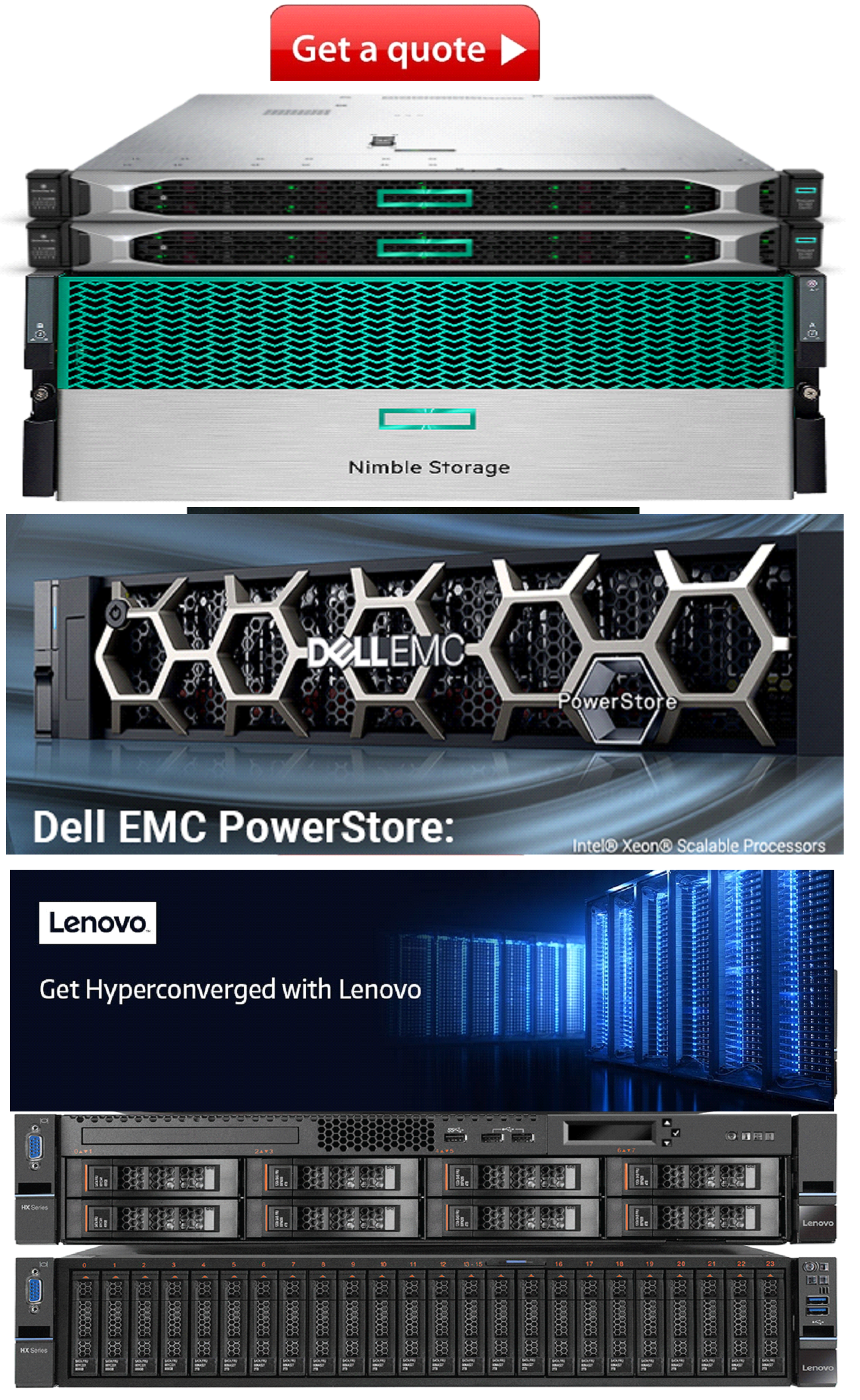Check Point CEO On Palo Alto Networks, Fortinet: ‘We’re Providing By Far Better Security’

Gil Shwed, the legendary founder and CEO of Check Point Software Technologies, wants to make two things clear: He respects rival cybersecurity giants Palo Alto Networks and Fortinet, but he doesn’t believe their security products come close to matching Check Point’s offerings.
“We’re providing by far better security,” Shwed recently told CRN.
“I don’t want to discredit (Palo Alto and Fortinet). They are strong, valid competitors. But I think that we’ve been… Let’s put it this way. I think they’ve been much stronger sales and marketing machines than we are and that’s something that we need to improve (upon). In terms of innovation, technology and mainly providing better security, we are providing better security every step of the way in every area.”
Besides taking diplomatic shots at Check Point’s faster-growing competitors, Shwed also told CRN in a wide-ranging interview that his company plans to continue acquiring firms, likely in the cloud security field, and that he believes major consolidation lies ahead for the cybersecurity industry in general.
He also expressed his commitment to the channel and his satisfaction with Check Point’s recent expansion outside network security and into cloud security, email security and managed detection and response (MDR) businesses.
“I think we’ve really, really expanded what we’re doing,” Shwed said of Check Point’s recent broadening of its security offerings.
But his remarks about Palo Alto Networks and Fortinet are sure to raise eyebrows within the cybersecurity industry.
Considered by many the corporate granddaddy of cybersecurity and developer of the first true firewall, Check Point, whose headquarters are located in San Carlos, Calif. and Tel Aviv, Israel, has seen slow revenue growth of late compared to Palo Alto Networks and Fortinet.
In fiscal 2021, Check Point’s revenues grew by 5 percent, to $2.1 billion, while Palo Alto’s revenues soared last fiscal year by 25 percent, to $4.25 billion, and Fortinet’s sales surged by 29 percent, to $3.3 billion.
Meanwhile, Check Point’s shares have been trading for a while now at a considerably lower price than its rivals, or about $124 a share as of the close of trading on Tuesday, compared to Palo Alto’s $473 stock price and Fortinet’s $282 per share.
Though Shwed appeared to give his two rivals a backhanded compliment when he said they had stronger “sales and marketing machines” than his firm, Check Point is indeed beefing up its own sales force by about 25 percent.
 US Dollars
US Dollars
 United Arab Emirates Dirham
United Arab Emirates Dirham
 Euro
Euro
 British Pound
British Pound
 Turkish Lira
Turkish Lira
 Canadian Dollar
Canadian Dollar
 South African Rand
South African Rand
 Indian Rupee
Indian Rupee
 Brazilian Real
Brazilian Real
 Indonesian Rupiah
Indonesian Rupiah
 Singapore Dollar
Singapore Dollar
 South Korean Won
South Korean Won
 Japanese Yen
Japanese Yen
 Chinese Yuan
Chinese Yuan
 Mexican Peso
Mexican Peso
 Qatari Rial
Qatari Rial
 Saudi Riyal
Saudi Riyal

